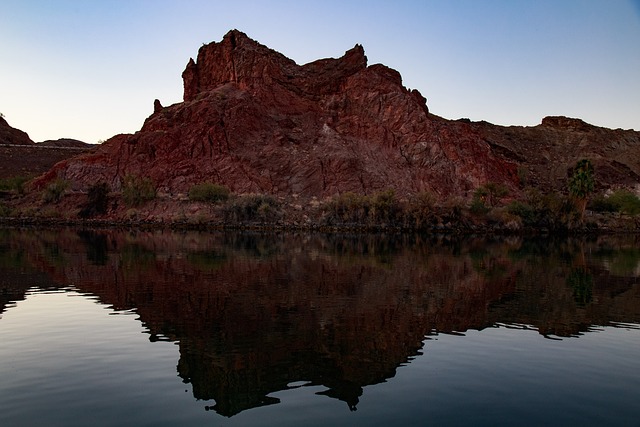Winter tourism is a significant economic booster for local communities, driving real estate market vitality through increased property values and investor interest. It fosters entrepreneurship, creates year-round jobs, and stimulates business growth in sectors like hospitality and ski resorts. This seasonal phenomenon transforms quieter regions into bustling hubs, leaving a lasting impact on the region's economy and real estate landscape while encouraging sustainable development practices. Local governments can leverage winter tourism to preserve natural and cultural assets for future generations.
Winter tourism is a burgeoning force, transforming local economies and revitalizing markets. This article explores how chilly weather attractions can stimulate real estate sectors, creating a ripple effect of employment opportunities and fostering community engagement. From skiing resorts to winter festivals, seasonal tourism offers a sustainable path for growth. Discover how destinations are leveraging these events to build vibrant communities and thrive year-round.
How Winter Tourism Can Revitalize Local Real Estate Markets

Winter tourism has a profound impact on local real estate markets, bringing a breath of fresh air into sectors that often face seasonal fluctuations. As winter sports and activities gain popularity, destinations with robust snow cover see an influx of visitors seeking outdoor adventures. This surge in footfall translates directly into increased demand for accommodation, from cozy mountain cabins to luxurious ski resort stays. As a result, real estate values in these areas can experience significant revitalization, attracting investors and property developers who recognize the potential for long-term growth.
The economic benefits extend beyond direct sales; winter tourism fosters local entrepreneurship, with various businesses catering to visitors’ needs. From equipment rentals to boutique shops offering specialized merchandise, these enterprises contribute to a vibrant ecosystem that supports local employment and fosters community engagement. As winter becomes a prime season, real estate markets undergo metamorphosis, transforming from quieter periods into bustling hubs of economic activity that leave an indelible mark on the region’s landscape.
Creating Employment Opportunities: The Economic Impact of Winter Getaways

Winter tourism plays a pivotal role in boosting local economies, particularly in regions that heavily rely on seasonal fluctuations. The economic impact extends far beyond mere revenue generation; it’s a catalyst for creating employment opportunities across various sectors. From hospitality and accommodation to ski resorts and retail, these winter getaways demand a substantial workforce. This drives real estate markets as well, with increased demand for rental properties and holiday homes, leading to new investments and local business growth.
The ripple effect is significant; restaurants, shops, and entertainment venues all benefit from the influx of tourists, fostering a vibrant atmosphere that year-round residents often enjoy. Moreover, these seasonal jobs provide valuable experience and opportunities for skill development, contributing to a resilient and diverse labour force capable of supporting the local economy both during and after the winter season.
Community Engagement and Long-Term Sustainable Growth through Seasonal Tourism

Winter tourism plays a pivotal role in fostering community engagement and driving long-term sustainable growth for local economies. When visitors flock to snowy destinations, they not only inject much-needed revenue but also create opportunities for year-round employment. From ski resort staff to accommodation providers and local artisans, numerous businesses benefit from the seasonal influx. This engagement fosters a sense of pride among residents, who can actively participate in and contribute to their community’s success.
Moreover, winter tourism encourages the development of sustainable practices within the real estate sector. As demand for vacation rentals soars during peak seasons, there is an incentive to construct eco-friendly accommodations that minimize environmental impact. Additionally, local governments can implement strategies to preserve natural landscapes and cultural heritage, ensuring that tourism remains a valuable asset for future generations.






